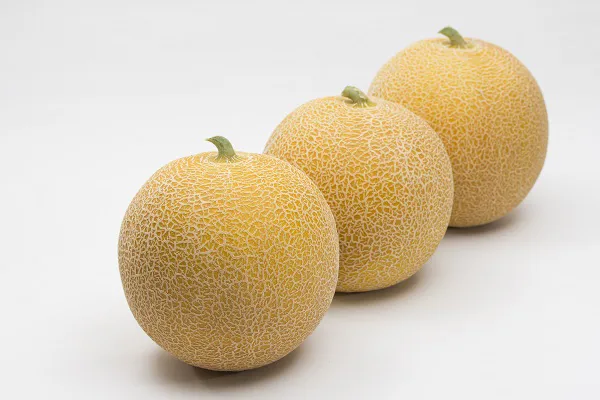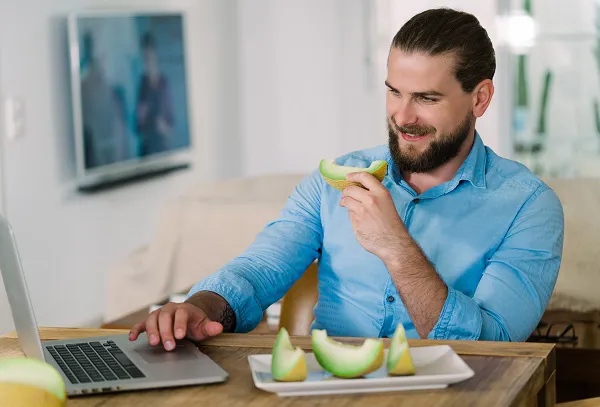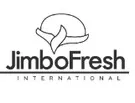"The development of traditional Galia melon crops was optimal up until mid-May. The temperature was good and conditions were favorable for flowering, fruit set, and fruit development. However, in the past two weeks, the weather has been unstable and it has rained heavily in the southeast of Spain,” stated Miguel Angel Jimenez, CEO of Jimbofresh. “We'll see the consequences of this rains over the next few weeks,” he added.

Meanwhile, the popularity of this type of melon has seen a notable comeback in recent years, after a period of stalemate, thanks to programs that are restoring the Galia melon to its traditional flavor, with consistent quality over a long harvest schedule. This is what the multinational BASF has achieved with its Galkia™ range, grown exclusively by three major Spanish melon production companies: Jimbofresh, Fruca Marketing, and Gregal.
“The consumption of Galia melons has halved in the last 20 years due to the emergence of ‘long life’ varieties that were easier to grow for producers and yielded higher yields. They were also good for marketers because they had a better shelf life and homogeneous caliber (size 5). This was good for everyone except the consumer, who had to make do with fruit with no aroma and little juice," stated Jimbofresh's CEO.
This company from Murcia was created with the goal of restoring the traditional taste of the Galia melons throughout the entire production cycle, something that hadn't been achieved until then with traditional Galia but had been managed with different varieties from different seed companies to win back consumers, supported by powerful branding campaigns for their identification in the markets, with brands such as Okashi or Jimbee, among others.

“The Galkia™ project fits perfectly into our philosophy. We cover the production calendar from spring to the end of September with production in Morocco, Almeria, Murcia, and La Mancha. We always guarantee the same taste, smell, and texture that consumers expect from a Galia melon. The quality is also consistent and the melons have a good shelf life," stated Miguel Angel Jimenez. "Since working with Galkia™, we have seen this brand increase its market share in the Galia category. Moreover, it has also increased the overall consumption of this type of melon. Growth for the next few years is going to be exponential.”
Jimbofresh mainly markets its products in the Netherlands, Belgium, Germany, Switzerland, Scandinavia, and the United Kingdom, but its sales in markets where other types of melon are traditionally consumed are growing. "We are selling more and more Galkia™ in Italy and France, where traditional consumption of Cantaloupe and Charentais traditionally predominate, respectively, as well as in Spain, where Galia is making a comeback after many years."
For more information:
Miguel Ángel Jiménez
JimboFresh International SL
Calle Mina de la Buena Suerte, 1
La Unión, 30360, Cartagena (España)
miguelangel@jimbofresh.com
jimbofresh.com
Elvira Vitores
BASF/Nunhems
elvira.vitores@vegetableseeds.basf.com
www.nunhems.com
